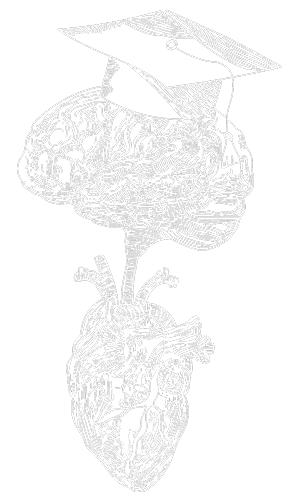How Healthy Relationships Support Your Nervous System
The level of reciprocity that exists in a relationship is one of the most potent influences on your nervous system. But what does reciprocity involve? Reciprocity is giving and receiving in a relationship. This can be through communication by talking and listening. It can also be through caring for someone and or being cared for.
Healthy relationships have high reciprocity, and these have a positive effect on your nervous system. It’s common for life to disrupt the balance of relationships. At times, one person requires more support and the other brings more regulating care. One chapter doesn’t mean the entire story is one-sided. Yet if the balance is often out and a pattern emerges where one person’s needs are always prioritised, the connection can feel like it’s missing.
A lack of reciprocity often signals a relationship is vulnerable. This kind of relationship can feel draining and activate your nervous system to respond in different ways. If the connection in a relationship doesn’t feel secure, the sympathetic nervous system can cause responses like interrupting, criticising, blaming, starting arguments, or demanding attention. Connections that lack attunement or resonance may also bring shutdown responses of stonewalling, silencing, isolating, distancing or withdrawing. You may find yourself avoiding people and situations.
Reciprocity can bring the connection and co-regulation that shapes your nervous system, so you can feel safety and belonging when you’re having a difficult time. A relationship with a persistent lack of reciprocity can leave you feeling drained, lonely, isolated and activate your survival responses. The need for connection is biologically essential. Even with healthy self-regulation, your nervous system still longs for co-regulation.
It can be worthwhile reflecting on the patterns of reciprocity in your relationships and how this affects you. You can consider the following questions to support your reflection:
- Does this relationship have a high or low level of reciprocity?
- Is this just a temporary pattern or is this consistently how we connect?
- Do I feel nourished, or do I feel drained by this type of reciprocity?
- Do I need to shift my expectations of this relationship because the other person is unwell or just suffered a major hardship (e.g., divorce, illness)?
- When I consider close relationships, do I tend to give more or receive more?
- Am I aversive to receiving care?


